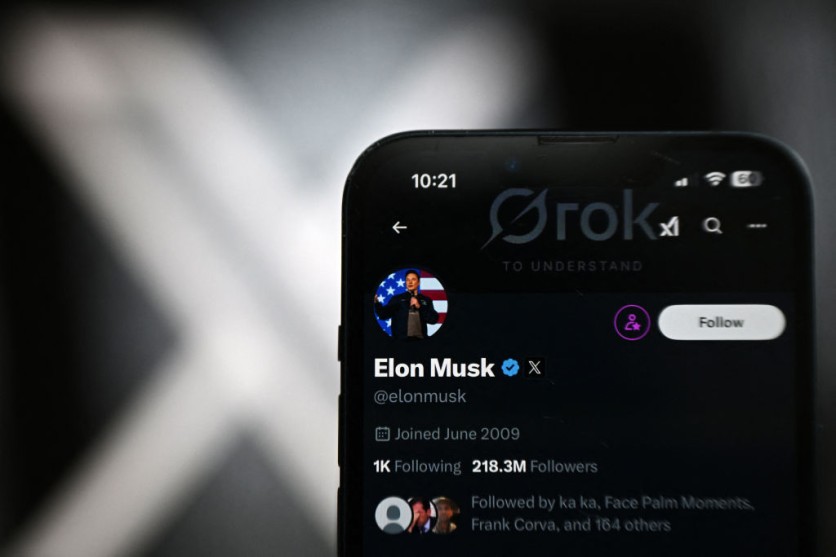
Elon Musk's social media platform X announced Monday that it will challenge a ruling from the Karnataka High Court that upheld India's expanded online takedown system.
The decision allows more than two million police officers across the country to issue content removal orders through a government portal called Sahyog, a move X says threatens free expression.
"We will appeal this order to defend free expression," the company said in a post on its platform, its first public statement since last week's ruling.
According to Reuters, X argued that the Sahyog portal enables officers to demand content removal "based solely on allegations of illegality," without any judicial review or due process for the people posting the content. The company warned that platforms face criminal liability if they fail to comply.
India's government, led by Prime Minister Narendra Modi, defends the system as a way to control unlawful content and protect users.
The High Court agreed, stating that social media "cannot be allowed to work unregulated in India," and emphasized that regulation of communication has always been part of governance.
Justice M. Nagaprasanna said regulation was especially important in cases involving crimes against women.
Musk’s X to appeal Indian court ruling on secretive content removal system #FMTNews #FMTBusinesshttps://t.co/ei7qqu8ohq
— Free Malaysia Today (@fmtoday) September 29, 2025
X Appeals India Court Sahyog Ruling
X, formerly known as Twitter, filed a lawsuit challenging the legality of the Sahyog system, saying it circumvents Section 69A of India's Information Technology Act and violates Supreme Court rulings on free speech, NDTV reported.
The company also argued that the new regime undermines constitutional rights guaranteed to Indian citizens, even though X is incorporated in the United States.
The platform stressed that it "respects and complies with Indian law," but said the High Court order fails to address "core constitutional issues" and conflicts with a recent Bombay High Court decision that found a similar system unconstitutional.
Musk, who calls himself a "free speech absolutist," has faced similar battles with governments in other countries over content takedown demands.
India introduced the Sahyog portal in 2023, giving a wide network of officials direct access to request removals from tech firms.
The Karnataka High Court rejected X's petition last week, ruling that unlawful content cannot claim the same level of constitutional protection as legitimate speech.
Originally published on vcpost.com




